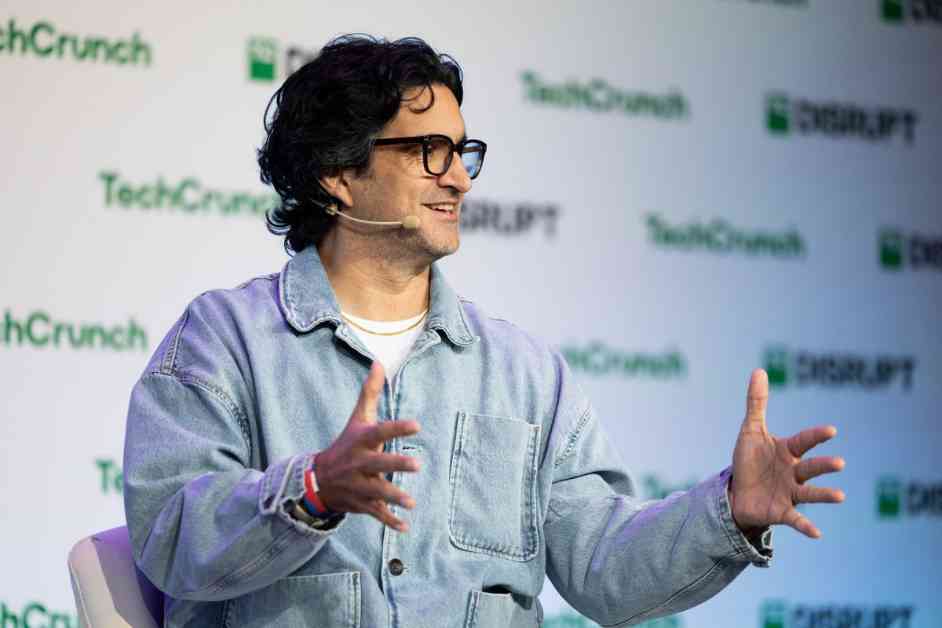Andy Dunn, the founder of Bonobos, has returned to the entrepreneurial world with a new project named Pie, which is an in-person social media platform. Despite his success with Bonobos, Dunn’s focus now is on maintaining his mental health while building his new startup. Having been diagnosed with bipolar disorder in college, Dunn only started taking his condition seriously after a manic episode landed him in the hospital in 2016.
In his book “Burn Rate: Launching a Startup and Losing My Mind,” Dunn shares his journey of building Bonobos while learning to manage his bipolar disorder. He emphasizes that mental health is important for all individuals, not just those with a diagnosis. However, he acknowledges the higher incidence of mental health issues among entrepreneurs and the correlation between neurodivergence and creativity.
Dunn highlights the potential benefits of hypomania, a state associated with bipolar disorder, for running a startup. While it can enhance creativity and productivity, he also recognizes the negative impacts, such as irritability and difficulty in collaboration. Dunn now values open discussions and disagreements in his new venture, Pie, as a way to make better decisions collectively.
Despite the increasing awareness of mental health issues, founders still struggle with the stigma of disclosing their diagnoses to colleagues and investors. Dunn advocates for more transparency through initiatives like the Founder Mental Health Pledge. He advises founders to prioritize their mental health and seek support when needed, rather than hiding their conditions.
In his current role at Pie, Dunn is upfront about the demands of the job, which may require long hours and dedication. He emphasizes the importance of work-life balance and supporting team members with appropriate benefits. Dunn believes that hard work is essential for startup success, but it should not come at the expense of mental well-being.
As Dunn navigates the challenges of building Pie, he aims to prioritize mental health for himself and his team. By fostering a culture of openness, support, and hard work, he hopes to create a successful company while maintaining stability. Dunn’s journey serves as a reminder that self-care and mental health should not be sacrificed in the pursuit of entrepreneurial goals.











